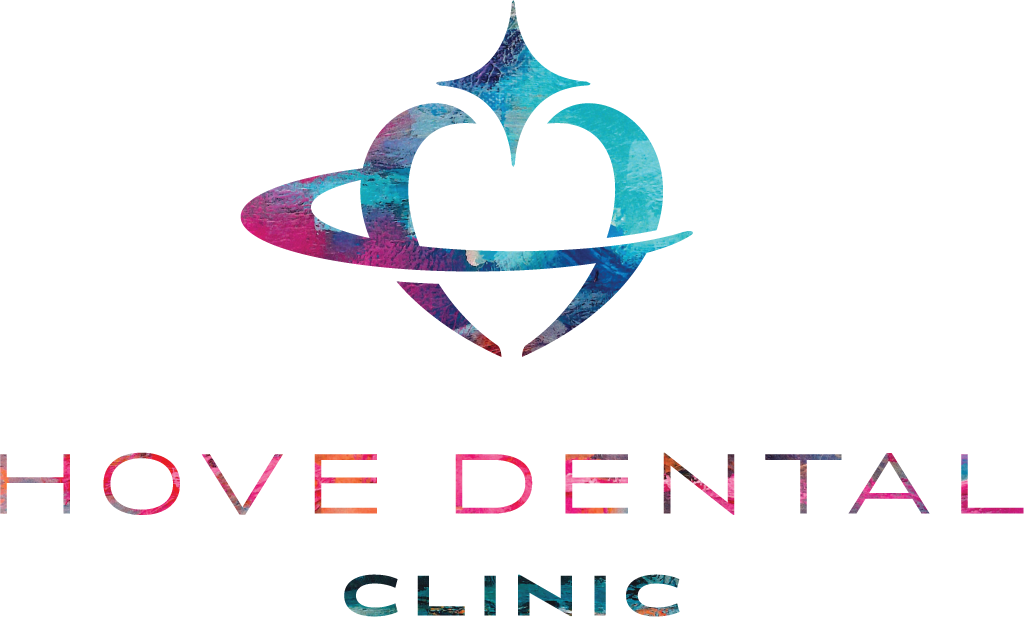What Age do Children Lose Teeth?
While every child will begin losing their baby teeth at different times, the average age for this starts between ages 5-7.
What Teeth to Children Lose First?
Commonly, children will lose their central incisors first. These are the two teeth located in the centre of the lower jaw. The loss of the central incisors is usually followed by the eruption of the first permanent molars.
What is the Last Tooth Children Lose?
Again, this varies from child to child, but in most cases, the last tooth they lose tends to be the cuspid or second molar. These take the longest to grow and are therefore the last to leave.
When do the First Teeth Erupt?
Commonly, the first tooth to erupt is one of the middle teeth, either on the lower or upper jaw. These are known as the central incisors. The first four teeth are usually the central incisors, the lower incisors usually erupt first.
After this, the four upper incisors will begin to push through, followed by four molars and the remaining two lateral incisors (the two teeth next to the central incisors), with cuspids (the pointed teeth) being the last. Molars take longer to erupt, usually making an appearance at around two years old, these are the last of the baby teeth.
Understanding Milk Teeth
Although babies’ teeth only become present around the age of six to twelve months, they begin developing before they are born. If the mother is following a good nutritional diet it will help promote healthy development of the child’s teeth. As a guideline, the mother should try and include a mix of calcium, phosphorus, vitamin C and vitamin D in their diet. Additionally, mothers should refrain from using medications like tetracycline as this is thought to impact teeth development in the child.
- Children in the womb will start their teeth development journey around six weeks old. The hard tissue surrounding the teeth begins to form anywhere between 3-5 months of gestation.
- The next stage of tooth development occurs after birth, when the child’s teeth begin to slowly erupt from the gums.
- The last stage is where the loss of baby teeth begins.
Children tend to have a full set of milk teeth by the time they reach three years old. Around three years later, these teeth will start to fall out to help make way for their permanent, adult teeth.
Knowing the Types of Teeth
Understanding which teeth or which can be confusing. We have outlined the details of each tooth below to help you identify your child’s teeth.
Incisors – the four front teeth located on the top and bottom jaw. These are the first teeth to erupt and are used to help cut and chop up food.
Canine teeth – otherwise known as ‘vampire teeth’, these are the sharper, pointed teeth located on each side of your incisors. They are used to help cut and shred food.
Premolars – your premolars are also known as bicuspid teeth and they are located next to your canine teeth (going deeper into your jaw).
Molars – everyone has eight molars, four are located on the top jaw and four are located on the bottom jaw. Molars with in conjunction with your tongue to help swallow food (molars do most of the chewing and grinding to help with swallowing).
Milk Teeth to Adult Teeth
Around six years later, 12-14 years old) children will have lost all their baby teeth. They should have the majority of the adult teeth, aside perhaps for wisdom teeth, which commonly erupt near the end of their teenage years (18-22). Eventually, the 20 baby teeth are replaced by 32 adult teeth. The primary molars (baby molars) are the last to be replaced (by the permanent premolars).
Dealing with Loose Teeth
The best way to help your child deal with losing teeth is to let nature take its course. It’s not recommended that you forcefully remove a loose tooth as this can cause discomfort. When a tooth falls out (or is very gently pulled out) there should be minimal bleeding. Once the tooth (or teeth) have fallen out, your child must brush their teeth twice a day and along the gum line. You may find that regular brushing will help loosen baby teeth.
Visit Your Dentist Early
Every child should arrange a checkup with a dentist to ensure their oral hygiene is developing healthily. Dentists will be able to identify if there are any slight issues with your child’s tooth development and will also be able to notice problems that may arise in the future (such as the need for braces).
Book an appointment today for your child. Oral hygiene is incredibly important during their early development and ensures healthy mouth development. For more information on how we can help your child, please visit our Contact Us page.





















